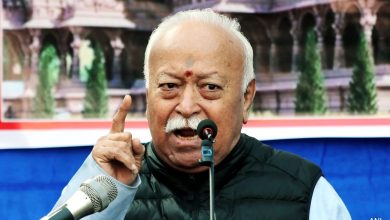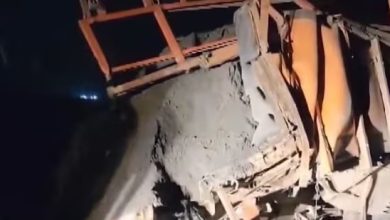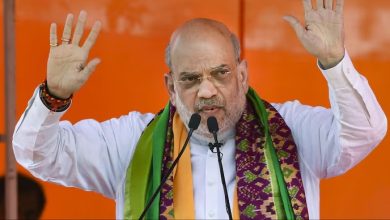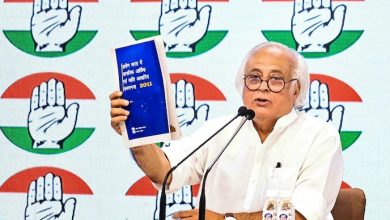Religion Matter of Personal Belief, Keep it at Home: Next CJI
Justice SH Kapadia, the senior most sitting Supreme Court judge set to take over as CJI next year, has described religion as ‘a matter of personal belief’, which should be kept at home.
Justice Kapadia expressed aforementioned view at a function to mark Human Rights Day. Vice-President MH Ansari was present on the occasion as chief guest.
The statement has significance in the light of an earlier observation by the apex court with reference to the flak faced by Justice MS Liberhan on the 1992 Babri demolition. The court observed that maybe it’s time for judges to keep a distance from controversy by heading enquiry commissions into such incidents.
“I am a follower of Advaita, I believe the main problem which generates terror is duality,” said Justice Kapadia, who has Theoretical Physics listed as one of his hobbies.
Touching on the concept of terror, he said, “if a religion is based on concepts like fear, greed, heaven, hell – all these fears will eventually be exploited by certain entities or persons. And finally this will lead to terror acts.”
He said that the solution to quell terror activities is to guarantee quality education.
“The existence of poverty is a violation of human rights in this country. The real issue we have to tackle is the economic issue. Religion is a matter of personal belief and should stay at home,” he elaborated.
The judge admitted that the Supreme Court is in a “dilemma” when it has to decide public interest litigation in which the issue is about economic development on one side and ecological preservation on the other.
“This is the most difficult challenge faced by courts,” he said.
Courts find reason in the arguments of both parties in such cases – the NGO fighting for ecology and the government, for an important public project. “Both parties are right. We cannot stop a public project but still balancing is an integral part of a judicial decision,” he said.
He said that distribution of resources remain a problem in the country. “Benefit goes to the 300 million rich people and not the 700 million poor. So how do we (the courts) give it to the others?” he asked.
“Displaced people who live in those areas (earmarked for public projects) live on grass. There are no jobs, no medical facility – they all live in abject poverty. It is here the courts have a role to play,” he said.
“We judges should not give NOCs unconditionally to public projects unless companies provide jobs, medical facilities, basic amenities to those people. The courts should ensure that these poor people get jobs in the very areas where their own resources are exploited,” he said.
In an apparent effort to kindle public faith in judiciary, Justice Kapadia signed off saying that many of the problems of ground reality can be solved in courts.





